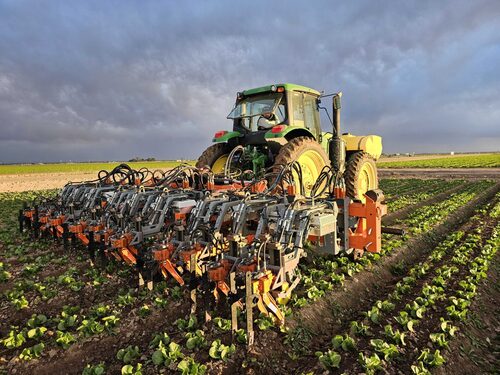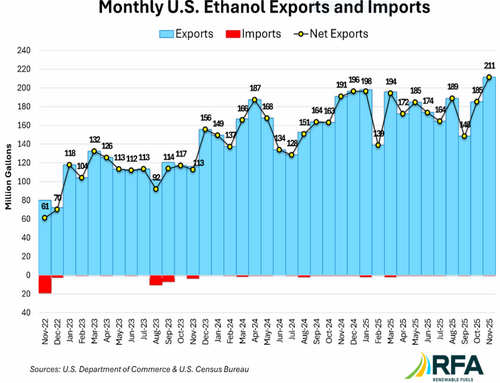 |
|---|
| FarmWise |
| The FarmWise Vulcan weeder. |
by Jennifer Marston, AgFunder.com
FarmWise CEO Tjarko Leifer is optimistic as ever about robotics and automation technology in agriculture, despite this week’s announcement that his company is restructuring and will start winding down operations.
Speaking to AgFunderNews this week, Leifer cited “macro economics affecting farmers’ decision-making processes” and the drop in venture capital investment as the major reason for the restructuring.
“The resources we have on board, the velocity we have from a sales standpoint, given those macro pieces, just weren’t going to allow us, in our current configuration, to get from where we are to being a profitable enterprise,” he said.
“We hope more to announce more soon about not just the technology but Vulcan living on in the market.”
Ensuring ‘continuity for customers’
Founded in 2016, FarmWise evolved its tech over the years from a self-propelled weeding robot (the Titan) to an intra-row weeder and precision cultivator (the Vulcan) that uses AI, computer vision and robotics to identify and remove weeds. It has raised a total of $65 million from the likes of Fall Line Capital, Alphabet VC arm GV, and Taylor Farms, among others.
The company will wind down operations “in due course,” said Leifer.
He gave no further details on the specific timeline for that, instead saying that FarmWise is focused on ensuring “continuity for customers” right now. The company still supports its existing customers and will continue to do so, he added.
His hope is that the fate of FarmWise won’t necessarily be the fate of similar companies. On this point, Leifer was emphatic.
“It’s the unfortunate reality of a moment in time where customers are facing a lot of headwinds,” he said, referring to those previously referenced macro trends. “Companies like John Deere are down, and they’ve got the kind of financial resources to weather [the current economic climate]. Startups have to be good and lucky, or at least not unlucky.”
On the whole, Leifer says. he’s “very bullish” about precision tech and automation in ag, not just for the Vulcan but “for the segment in general.”
“I’m hopeful that the coverage of us and what’s going on with our situation doesn’t end up being part of the downdraft for pessimism that exists in the industry right now.”
‘Bringing technology to agriculture is essential’
There’s certainly a need for machines that can address agriculture’s ongoing labor challenges that are here to stay for the long term.
Weeding, in particular, is a popular task to automate right now, with developments driven by the aforementioned labor challenges as well as herbicide resistance and chemicals being taken off the market.
In the US, weeds decrease crop yields by an annual average cost of $33 billion, according to the United States Department of Agriculture. Weed-control activities cost around $6 billion annually and typically include now-controversial herbicides.
To read the entire article click here.



